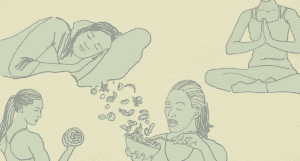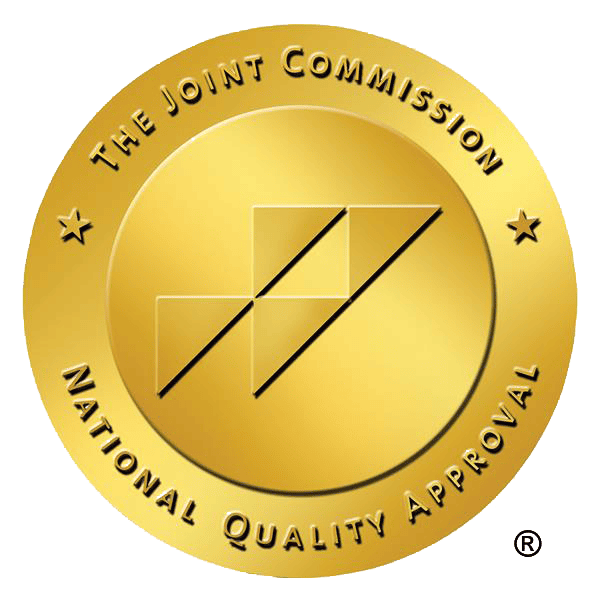Even though alcohol is a legal substance, it can lead to problems, dependence, and addiction for some people. Some people rely on drinking as a way to feel better about themselves or boost their self-esteem. Others drink to cope with various aspects of their lives. All of these habits could indicate they are self-medicating with alcohol. These 10 signs are a good way to find out if you have a problem and how to stop self-medicating with alcohol.
#1. Drinking to Cope with Stress
Many people drink to help them deal with daily stressors and unwind and relax. You might come home after a stressful day at work and have a few drinks. So, you have to ask yourself, is this what is self-medicating with alcohol? It is because you are drinking to reduce stress. Better alternatives are meditation, yoga, and exercise.
#2. Using Alcohol to Manage Emotional Pain
Another indication you are self-medicating with alcohol is when you reach for a drink when you are experiencing emotional pain. Using alcohol to cope with sadness, hurt, loneliness, and other negative feelings can lead to becoming more reliant on alcohol. Individual counseling and support groups are better options for overcoming emotional pain.
#3. Looking Forward to Alcohol During the Day
When you are looking forward to drinking and thinking about it, this is a sign you are self-medicating with alcohol. You may find that you need to drink to feel better about yourself. You may justify drinking as a reward or because you had a bad day. You may also notice you look for any reason to justify drinking. Instead of drinking, engage in daily exercise, play sports, or find a rewarding hobby.
#4. Relying on Alcohol to Sleep
Do you find you have a few drinks before bedtime to help you sleep? This is another way people self-medicate with alcohol. Alcohol is a depressant, and it can cause drowsiness. However, relying on alcohol to sleep can lead to increased tolerance, dependence, and eventual alcohol addiction. Using meditation, relaxation, and breathing exercises is a better way to help you fall asleep.
#5. Patterns of Intense Cravings
The more often you drink, the more the body craves it. Cravings occur because of how alcohol affects neurotransmitters and brain chemistry. When you drink, alcohol forces the release of dopamine. This neurotransmitter is responsible for pleasure. When people experience euphoria and other positive effects from drinking, cravings develop. So, if you are noticing your cravings have become more intense, you could be using alcohol to cope and self-medicate.
#6. Isolating Yourself to Drink Alone
Isolating yourself to be able to drink alone and as much as you want to can indicate you have a drinking problem. People will often drink alone when they want to hide their drinking from friends and family. People also drink alone to cope with unresolved trauma, traumatic experiences, and PTSD. If you are spending more time drinking alone, it could indicate alcohol is taking over your life.
#7. Increased Frequency and Quantity of Drinking
When you self-medicate with alcohol, the body will start to develop a tolerance to it. Eventually, a few drinks will no longer relieve stress or make you feel calm, relaxed, and euphoric. To compensate, you have to drink larger quantities. Then, as cravings become more intense, you can also find you are drinking more often. You may even start day-drinking at lunchtime or having a drink with breakfast.
#8. Physical Dependence and Withdrawal Symptoms
Another indication you could be relying on alcohol to cope or self-medicate is when you experience withdrawal symptoms. As the body becomes accustomed to alcohol, it develops a dependence on it. Dependence is a side-effect of increased tolerance and increased drinking.
Withdrawal symptoms occur when alcohol leaves the body. If you have ever had a hangover, you have experienced alcohol withdrawal symptoms. If you find you are drinking to make the withdrawal symptoms stop, you have developed a physical dependence on it.
#9. Avoiding Professional Help or Therapy
Do you drink because you feel embarrassed, scared, or think you are weak to consider professional help? You are not alone. Using alcohol for depression, anxiety, stress, or physical or emotional pain is a bad habit some people fall into. They are afraid to ask for professional help due to the stigma surrounding mental health issues. However, asking for help shows you are strong.
#10. Impact on Relationships and Social Life
Self-medicating with alcohol will eventually have impacts on your relationships and social life. You may notice you are no longer associating with the same friends you used to have. You might have developed new friendships with others who enjoy drinking as much as you.
You may also be having relationship issues. Your friends and family may express concern about your drinking, only for you to deny you have a problem. You could find you are struggling at work or school because all you can think about is drinking.
The Importance of Asking for Help
It can seem difficult to ask for help when you are using alcohol to cope. However, it is vital to remember that asking for help in no way means you are weak. Instead, it shows that you are facing challenges and struggles you need help overcoming. Additionally, asking for help means you have access to therapy, counseling, and peer support. So, you do not have to go it alone.
End the Cycle of Self-Medicating With Alcohol
Are you ready to get help to end the cycle of self-medicating with alcohol? The Prairie Recovery Center in Texas is here to help. We offer comprehensive alcohol treatment programs customized to your specific needs. Our caring and supportive staff will walk alongside you as you learn how to navigate a new, healthier, alcohol-free life. Contact us today to take the first step to a brighter tomorrow.









